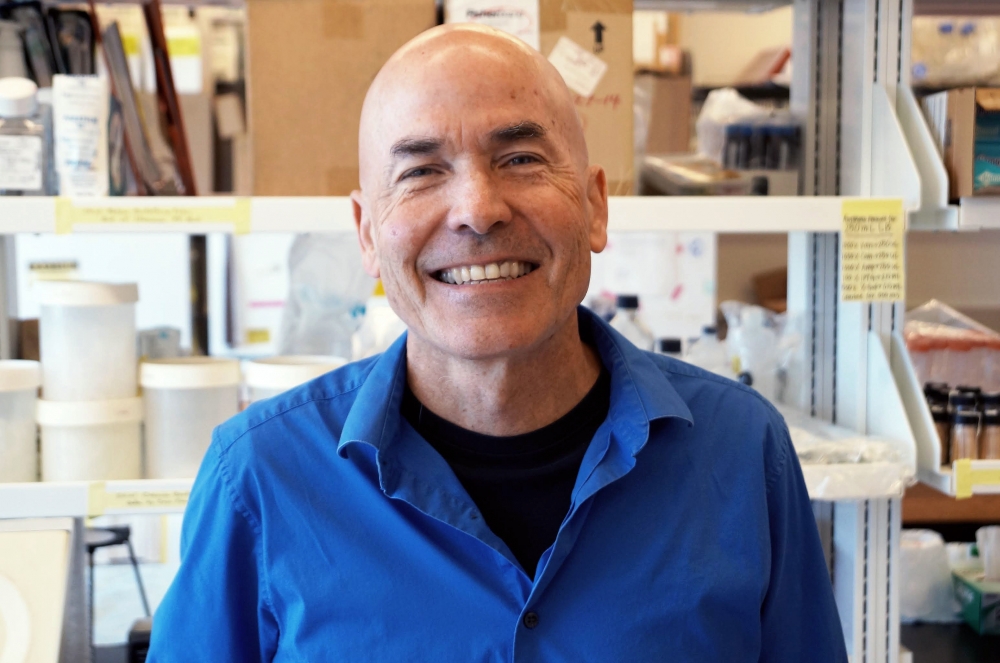David Low

Low spent the first 20 years of his career studying epigenetic regulation in bacteria. His laboratory first described methylation patterns in bacteria and showed that they regulate ON/OFF gene regulatory switches that control cell surface structures such as pili. In 2004 they discovered that bacteria can inject different toxic/effector molecules into each other via a process that he calls “contact-dependent growth inhibition” or “CDI”. Low's lab has focused on studying this phenomenon for the past 15 years, partnering with Professor Chris Hayes’s laboratory. Together with the Hayes lab they have identified the pathways by which CdiA, a stick-like structure on the cell surface that mediates CDI, binds to targets, delivers toxins, and modulates cell physiology and growth. His current interest is in identifying all of the critical factors required by CDI+ cells to build the CdiB/CdiA toxin delivery device and intoxicate neighboring cells. He is also interested in leveraging our knowledge from studying CDI to developing new antimicrobials and phage therapy.